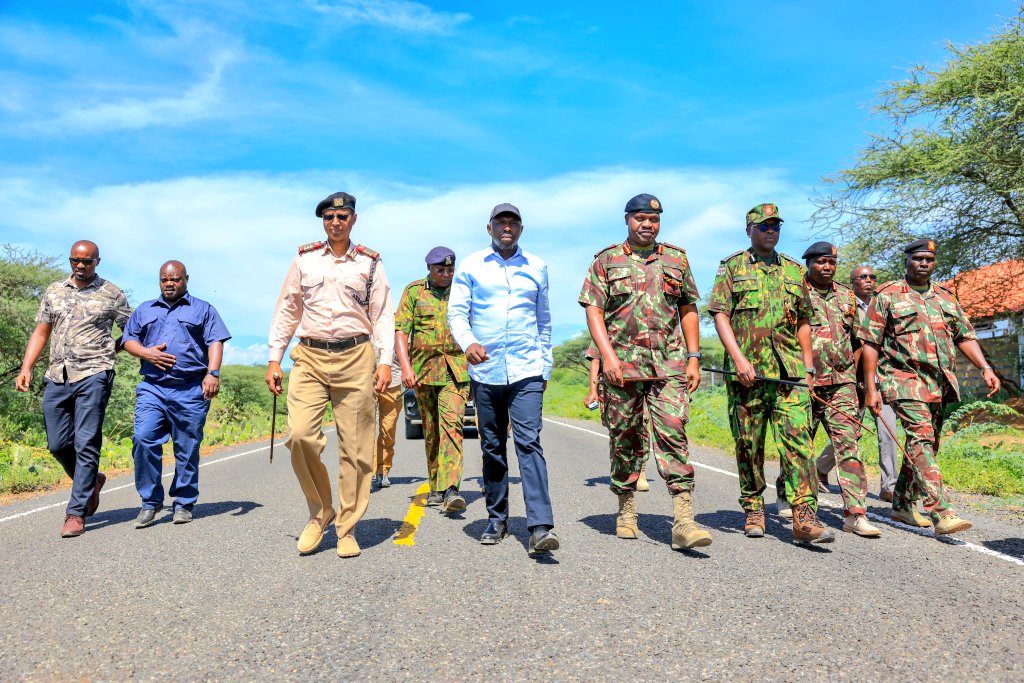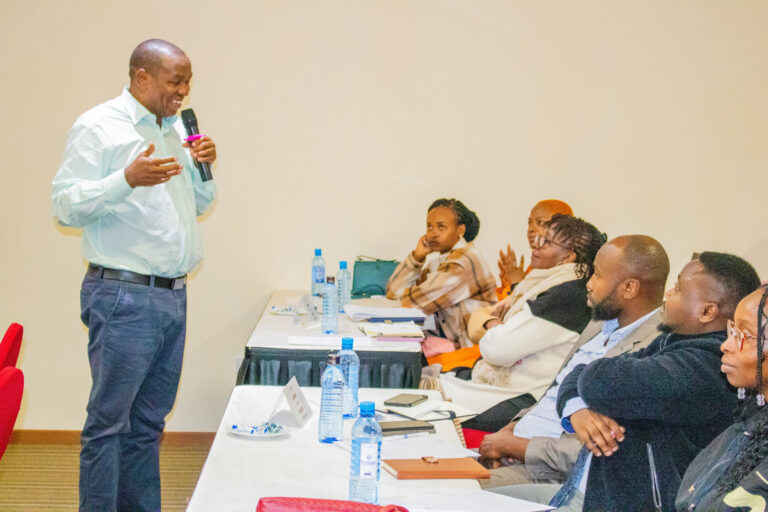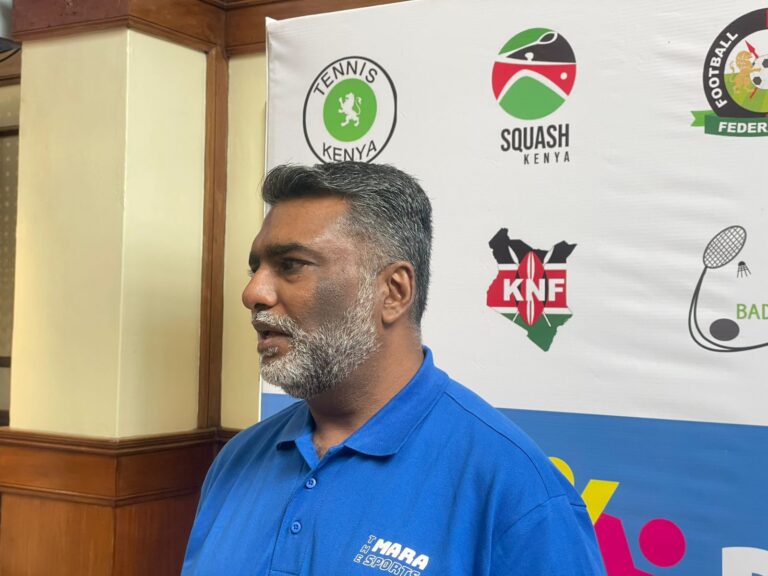Murkomen Sounds Alarm on Banditry: Who Is Fueling the Violence in Baringo?
MAY 3 – A statement by Cabinet Secretary for Interior and National Security, Kipchumba Murkomen, has reignited a long-standing question that has haunted Baringo and other parts of Kenya for decades: Who is funding, fuelling, and sustaining the unrelenting cycle of banditry?
The question resurfaced, sharpened by bitter irony, after a deadly attack occurred during the CS’s recent tour of Baringo, a visit aimed at finding solutions to the insecurity that has gripped the region for generations.
In his remarks, CS Murkomen did not mince words. He pointed to entrenched challenges that continue to undermine national security efforts “the proliferation of illicit small arms and light weapons, the commercialization of banditry through ready markets for stolen livestock, and persistent political interference and incitement.”
Adding that, “Let us shun all acts of political incitement and revenge,” he urged. “I call on political leaders to stop playing politics with such important national security concerns.”
The government’s quarterly security report for January to March 2025 shows some progress: a 36% drop in livestock theft compared to the same period last year, down from 8,557 to 4,935 stolen animals. However, 21 people were still killed, among them civilians, suspects, and police, compared to 58 in the same period in 2024.
These numbers, though encouraging on paper, do little to comfort the communities who have lost loved ones and still live in fear, bearing the scars of relentless violence. In many cases, livestock is never recovered. The attackers vanish into rugged terrain. Retaliation follows. The cycle continues.
“Banditry has become commercialized,” Murkomen said. “There is demand for the stolen livestock, and ready black markets exist. That, coupled with political meddling, continues to frustrate our security operations.”
“We are motivated by the gains made in the first quarter and will work hard to safeguard these achievements and secure our nation throughout the year,” he noted.
Among other root causes, the CS cited natural resource-based conflicts over water and pasture, unresolved land boundary disputes, and hard-to-reach criminal hideouts due to poor infrastructure and lack of mobile network coverage, all of which embolden bandits.
“The government is working hard to set aside resources for infrastructure development, including schools, and to equip our security officers better,” said Murkomen.
“I urge Kenyans to collaborate with our security forces as we strive to secure our country.”
While the nationwide security consultative meetings are meant to address operational gaps and boost morale among police and military officers, the question of who is truly behind the bloodshed remains unanswered. The criminal networks appear deeply entrenched.
Dismantling them requires more than bullets, it demands political courage and collective national resolve.
When will the guns go silent? Who profits from the tears and graves of innocent Kenyans? Rhetoric that remains unanswered.








